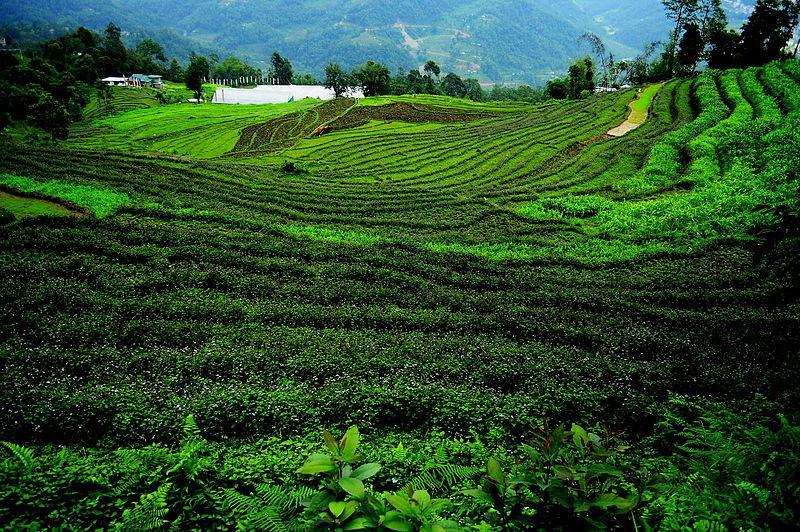Sikkim emerges as the world’s first organic state

Sikkim has achieved a remarkable milestone by being recognized as the ‘world’s first organic state’ by the prestigious World Book of Records London.
This distinction signifies that Sikkim has become the first state in the world to successfully implement a comprehensive 100% organic policy.
The World Book of Records London is an organization that meticulously verifies and catalogues exceptional achievements across the globe.
The citation specifically acknowledges Sikkim’s organic state status. It also highlights its exemplary governance and the absence of crime.
India’s Green Revolution in the 1960s witnessed a significant increase in crop production, but it also introduced chemical fertilizers and pesticides.
Eventually, it led to adverse effects on agriculture, water, air, and land. Recognizing the detrimental impact of these chemicals on the environment, Sikkim has actively promoted organic farming.
By converting 75,000 hectares of land into organic farmland and prohibiting the use of chemical fertilizers and pesticides, Sikkim has set a pioneering example for the world.
Such remarkable success has even earned Sikkim the prestigious Oscar Award for Best Policies by the United States.
To achieve its organic state status, the government of Sikkim established the Sikkim State Board under the leadership of then Chief Minister Pawan Chamling.
The government prioritized the development of village panchayats, transforming them into organic farming clusters.
Approximately 8,35,000 hectares of land in Sikkim were dedicated to organic farming, benefiting around 4,00,000 farmers.
The target was set to cover an additional 50,000 hectares of land, leading to the formation of about 2,500 farmer interest groups, with approximately 45,000 farmers participating in the organic scheme.
Despite initial challenges, such as declining income and production, the state of Sikkim persevered in its transition to organic farming.
The path to becoming a fully organic state was not an easy one. The state government embarked on a mission to convert villages into bio-villages. Besides, it discontinued the distribution of chemical fertilizers and replaced them with organic alternatives.
Organic certificates were issued to farmers, and organic manure was made readily available. These efforts resulted in a substantial increase in cultivation scope, with production exceeding 22 lakh hectares.
The adoption of organic farming has not only safeguarded the environment but also bolstered tourism in Sikkim. It resulted in a remarkable 50% increase between 2014 and 2017.
Over 66,000 farmers have directly benefited from the organic farming movement. Looking ahead, organic farming in India is projected to generate a business of approximately ₹75,000 crores by 2025.
Image Credit: soumyajit pramanick, CC BY-SA 2.0, via Wikimedia Commons
Source: step farming in sikkim
Image Reference: https://commons.wikimedia.org/wiki/File:Step_farming_in_sikkim_%286052932505%29.jpg









Leave a Reply